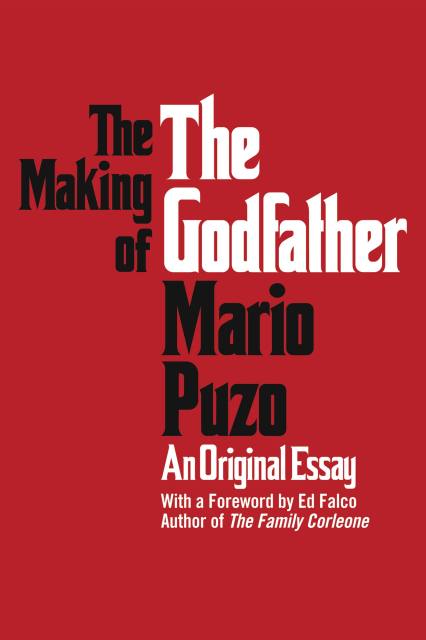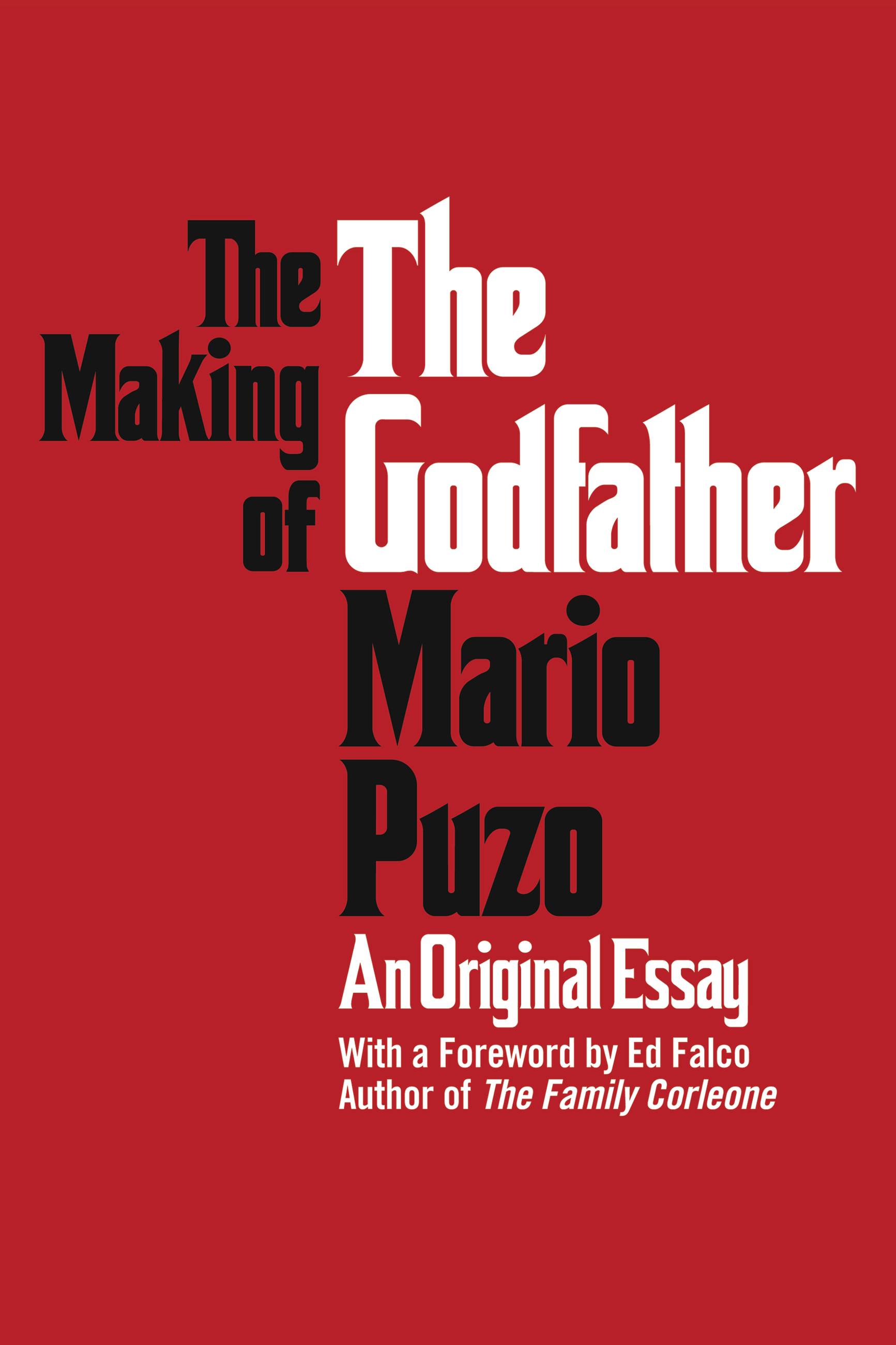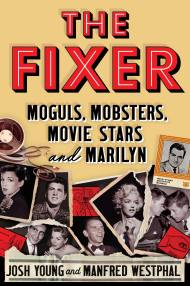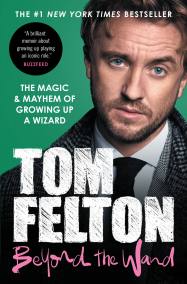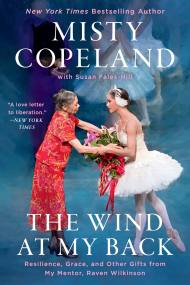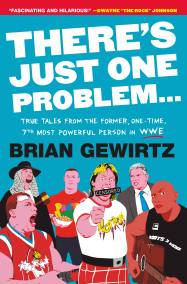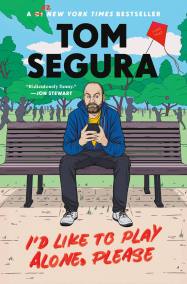Promotion
Use code MOM24 for 20% off site wide + free shipping over $45
The Making of the Godfather
Contributors
By Mario Puzo
Formats and Prices
Price
$0.99Price
$0.99 CADFormat
Format:
- ebook (Digital original) $0.99 $0.99 CAD
- Audiobook Download (Unabridged)
This item is a preorder. Your payment method will be charged immediately, and the product is expected to ship on or around April 23, 2013. This date is subject to change due to shipping delays beyond our control.
Also available from:
With equal parts cynicism and humor, Puzo recounts the book deal and his experiences in Hollywood while writing the screenplay for the movie. Francis Ford Coppola, Robert Evans, Peter Bart, Marlon Brando, and Al Pacino all make appearances-as does Frank Sinatra, in his famous and disastrous encounter with Puzo.
First published in 1972, the essay is now available as an ebook for the first time. A must-have for every Godfather fan!
Featuring a foreword by Ed Falco, author of The Family Corleone.
Genre:
- On Sale
- Apr 23, 2013
- Page Count
- 42 pages
- Publisher
- Grand Central Publishing
- ISBN-13
- 9781455548934
Newsletter Signup
By clicking ‘Sign Up,’ I acknowledge that I have read and agree to Hachette Book Group’s Privacy Policy and Terms of Use
